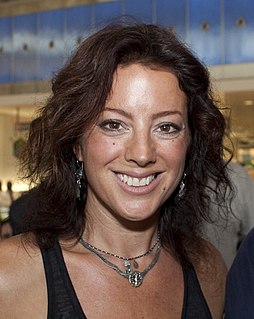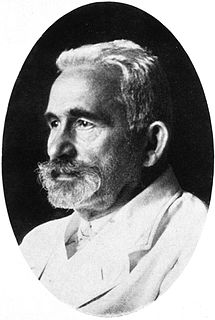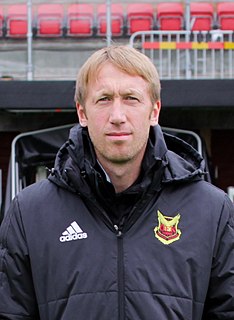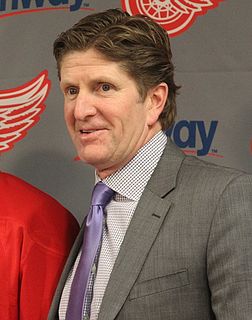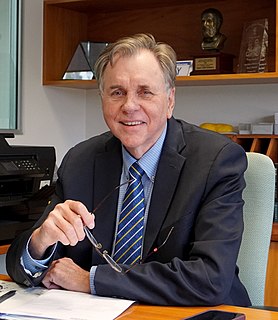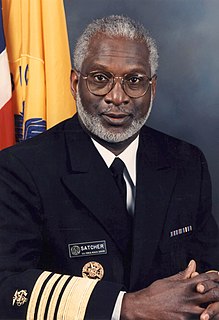A Quote by Diane Frolov
Let's not kid ourselves. Whatever we diagnose, most patients, if they don't die, get well by themselves. Our job is mainly to try to make them feel better; do no harm.
Related Quotes
On becoming a mother, I sort of feel like every kid is my kid. I really do get that sense in a much more profound way that we all are a global community and we all have to band to try and give the children of our this generation whatever tools we can to go out into this world and try and make it a better place.
We need to look at what Europe is doing to get better and try to get better ourselves. We need to make some changes and that can only be good for the game. Tolstoy once said, 'Everybody wants to change the world, but they don't want to change themselves.' So we all have to change our thinking and focus on getting our kids better.
I think that we all desperately try to fit in to different molds: our parents, our bosses, our partners, social status, friends. We all figure out a look that we think will get us the job or make his parents approve of us or get that girl to want to go on a date, whatever. We all change ourselves to please whoever it is.
The patients often try to starve themselves, to hang themselves, to cut their arteries; they beg that they may be burned, buried alive, driven out into the woods and there allowed to die. One of my patients struck his neck so often on the edge of a chisel fixed on the ground that all the soft parts were cut through to the vertebrae.
When you coach and teach leadership, most people think about them. It's like you're the leader and how do you influence them. Clearly, leaders do take their followers, their flock, their enterprise, their business - whatever - hopefully to a better place. But I think the foundation of what makes really great leaders is they lead themselves, and they're conscious about knowing themselves and coaching and leading themselves in a very profound way. The simplest of us talk to ourselves. The question is, "Do we really lead ourselves?"
They're human beings before they're footballers and it's important to understand how can I help them. What do they need? How can they feel part of this? How can they feel they're improving in their career, because my job is to help them get better, play better football, earn a better contract, whatever it is.
We won't let ourselves feel our anger, rage, and pain. We push it down or anesthetize it through drugs, alcohol, shopping, or whatever we do in order not to feel it. When that memory and the associated feelings get lodged down there in our soul, the feelings are still there. They don't just magically go away. We have to give ourselves the opportunity to feel them.
I'm process-orientated, and people say that about the details. But I love the players. My No. 1 job is to make them better men. My No. 2 job is to make them better at hockey, and I never confuse that. The best people I've ever been around in my life never let me get away with anything - ever. You can have all the details in the world, but if you can't communicate with people and find a way to help them help themselves, you have no chance in this league. To me, that's what the profession is about: getting guys to believe in themselves and each other.
I'm not naive, I know that bad things happen, but most people do the right thing most of the time. Most people wake up and they try to do what's right for their relationships, whether it's marriage or family. They try to do what's right for their job. They try to make a better world for those around them, and that's what I want to write about.
Cats make one of the most satisfying sounds in the world: they purr. [...] Almost all cats make us feel good about ourselves because they let us know they feel good about us, about themselves, and about our relationship with them. A purring cat is a form of high praise, like a gold star on a test paper. It is a reinforcement of soemthing we would all like to believe about ourselves -- that we are nice.
My job is to not be easy on people. My job is to make them better. My job is to pull things together from different parts of the company and clear the ways and get the resources for the key projects. And to take these great people we have and to push them and make them even better, coming up with more aggressive visions of how it could be.
No matter how good you think you are as a leader, my goodness, the people around you will have all kinds of ideas for how you can get better. So for me, the most fundamental thing about leadership is to have the humility to continue to get feedback and to try to get better - because your job is to try to help everybody else get better.

